About eight years ago, Alan Wilson was working for a sign company in Birmingham, Alabama, when the shop decided to break into the vehicle wraps market. At first, it was a trying experience: “We didn’t even know you had to laminate the stuff first,” he laughs. “You should’ve seen the work.” But their confidence grew after attending a Fellers training course in Oklahoma. He eventually met his wife, moved to Huntsville, Alabama, and began working at Metro Signs of Huntsville. In June of 2012, he bought the company and renamed it Metro Signs and Wraps.
The name change signified more than the addition of vehicle wrapping capabilities. Wilson wanted to downplay the Huntsville tie and make himself available to national business; he also intended to transform the shop from a lighted signs broker to an actual manufacturer of signs and graphics.
Today, his four-person shop averages four or five vehicle wraps per month, and Wilson is itching to expand. Recent jobs, like a pair of 18-wheelers that had to be wrapped in the parking lot overnight thanks to the Alabama heat, have pushed the limits of their facility’s space. One such job was a 21-foot wrap for the proprietors of Manic Organic Food Truck.

The truck’s owners, Colorado natives, were new to the area and looking to jumpstart their recent venture when they heard a radio ad on a local rock station that proclaimed Metro Signs and Wraps “helps you get noticed.” It was exactly what they needed. (Wilson says the ad, which was a partial swap-out with the station, “worked really well.” It even helped them win a customer who spent upwards of $80,000.)
Wilson and his team set to work adapting the design from Manic Organic. “A lot of graphic artists don’t understand three-dimensional stuff like [vehicle wraps], so we had to try to modify it a bit,” he says. The graphics were then printed on Metro’s Mimaki CJv30-160 printer onto Avery Dennison MPI 1005 SuperCast vinyl and laminated with DOL 1360 Gloss. Then came installation, which was no small undertaking.
Advertisement
The truck had been used to deliver Cape Cod Potato Chips in its past life, and the Metro team had to knock down rust and touch up paint before even beginning. The wrap itself comprised 18 panels, each measuring 53 x 98 inches. The truck stood 11 feet off the ground; Wilson says he stood on one of the shop’s maneuverable tables to reach the top. It took roughly two-and-a-half days of mostly solo work to complete.

Wilson says he sees wraps becoming more and more popular in Huntsville as the general public begins to understand the concept. “Any new product just takes a while for people to understand,” he says. “I still have people coming up and asking us, ‘Are y’all a paint shop?’” He’s gotten used to showing off his matte black- and gloss white-wrapped truck by opening the doors and revealing the vinyl.
Technology advancements have helped speed along business, as well: “When we first printed solvent, we had to let it dry and outgas for at least 24 hours before we laminated it … but the stuff I’m using now, I can let it outgas for about 4 hours and laminate it without a bit of trouble.” Wilson has also engineered a bit of a genius hack – which he calls a “standup tanning bed for vinyl” – that helps cure materials when he’s in a rush.
Check out other vehicle wraps from our Wrap Insanity issue:
‘Ghostbusters’ Meets 3D Printing

Advertisement
Aboriginal Art Beautifies Tanker

A Fiery Wrap for Disaster Relief Agency

That’s a Wrap: A Few of My Favorite Things

Haters Gonna Hate, Wrappers Gonna Wrap

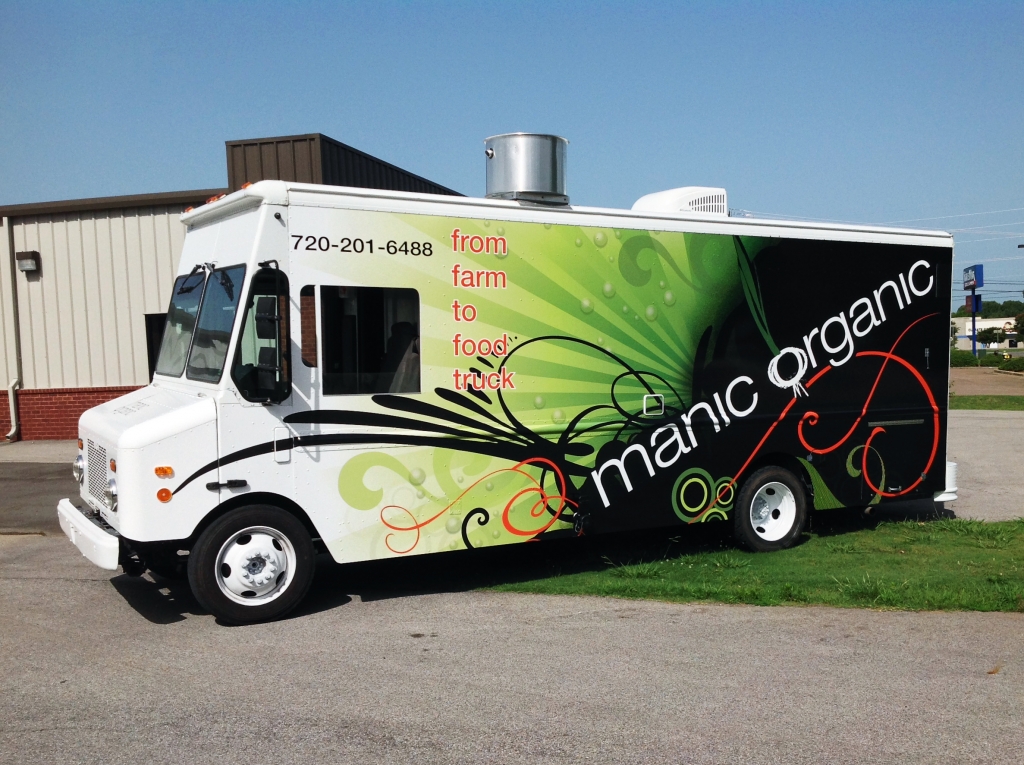

 Best of Wide Format2 months ago
Best of Wide Format2 months ago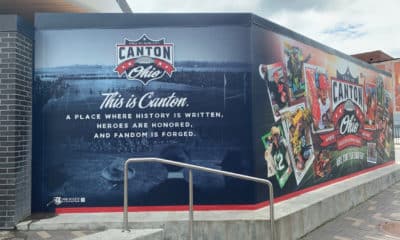
 Best of Wide Format2 months ago
Best of Wide Format2 months ago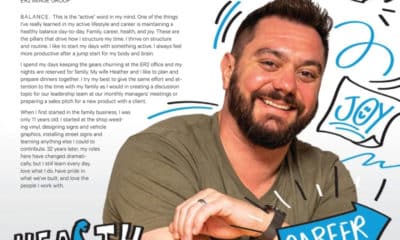
 Blue Print3 weeks ago
Blue Print3 weeks ago
 Best of Wide Format2 months ago
Best of Wide Format2 months ago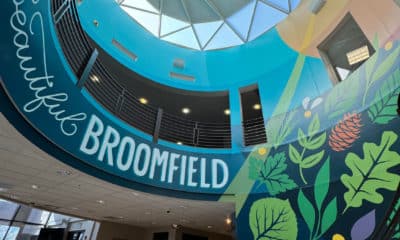
 Best of Wide Format2 months ago
Best of Wide Format2 months ago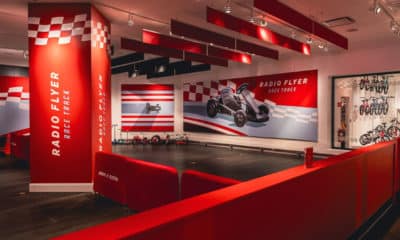
 Best of Wide Format2 months ago
Best of Wide Format2 months ago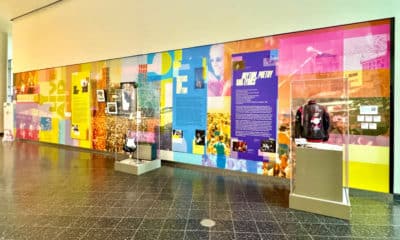
 Best of Wide Format2 months ago
Best of Wide Format2 months ago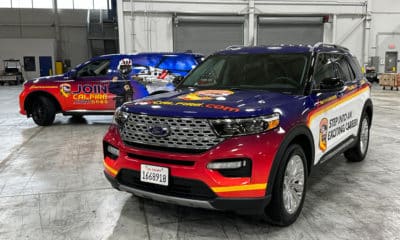
 Best of Wide Format2 months ago
Best of Wide Format2 months ago





















